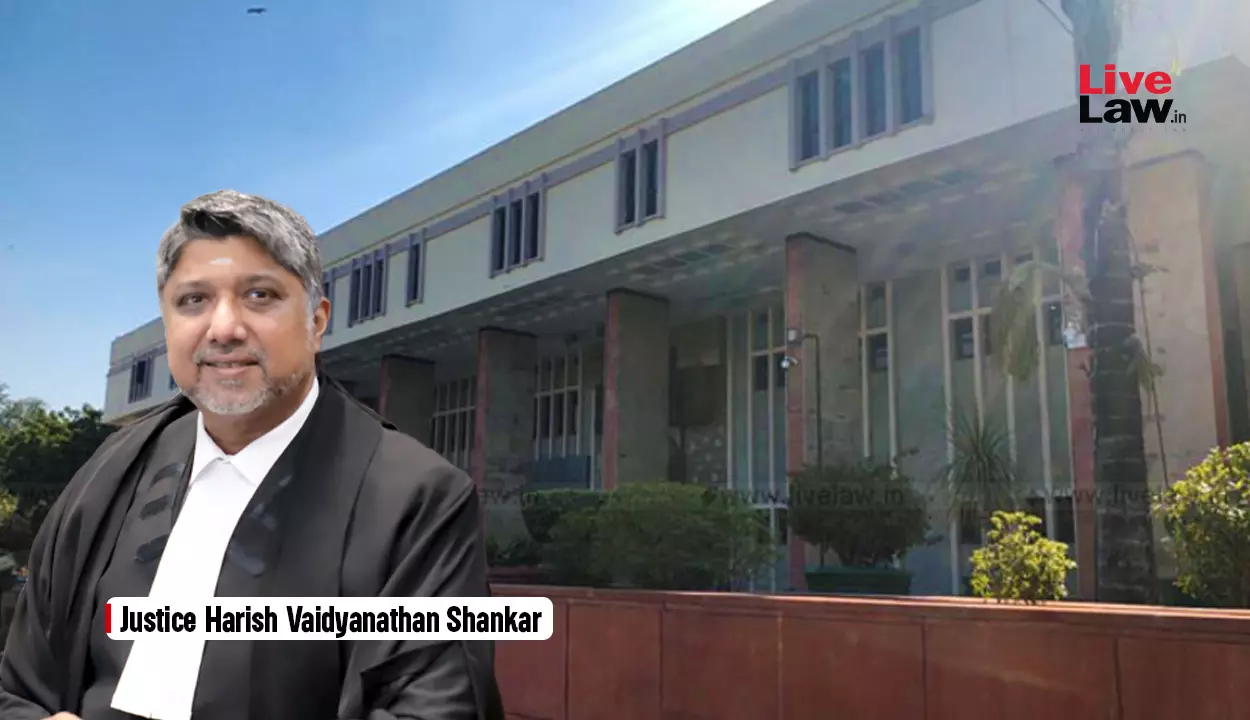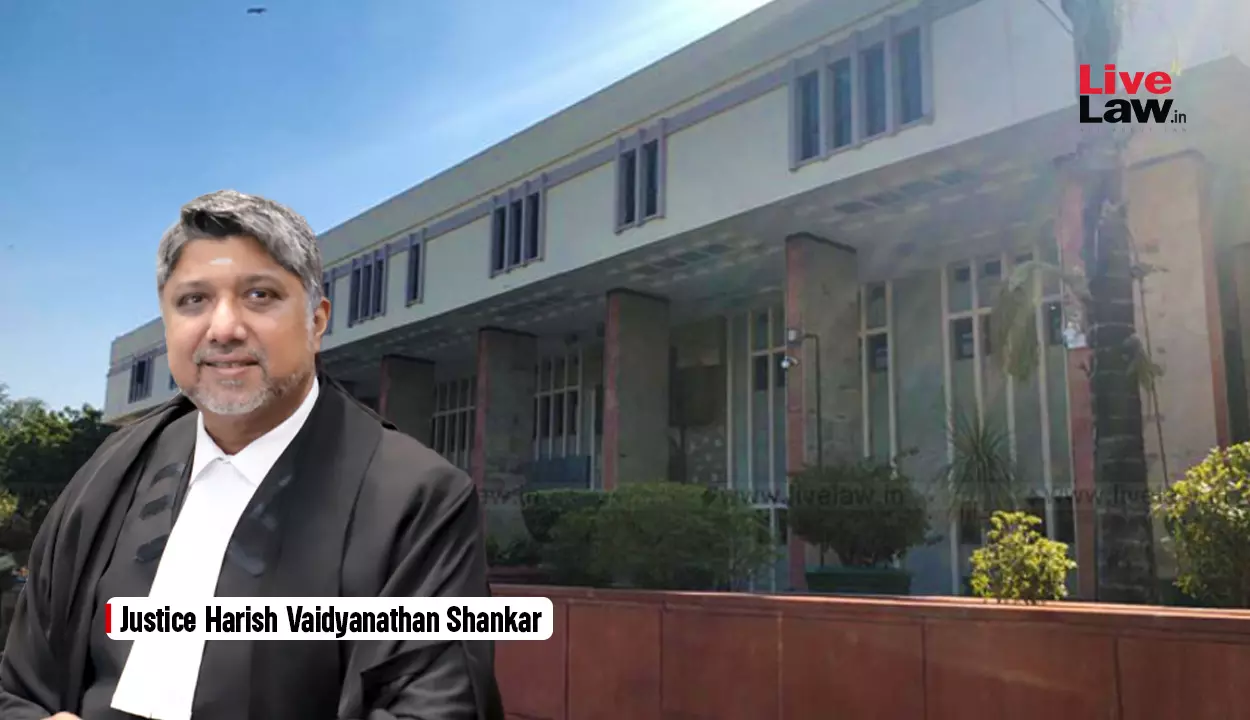Dependent Siblings, Their Children Not Ousted From Seeking Benefits Under Delhi Victims Compensation Scheme 2018: High Court


The Delhi High Court has made it clear that siblings, married or unmarried or the children of such siblings, are not ipso facto disentitled from claiming compensation under the Delhi Victims Compensation Scheme, 2018 (DVCS).
Justice Harish Vaidyanathan Shankar held that though the definition of “Dependent” under Clause 2(b) of the DVCS does not include “siblings” however, given the inclusive terminology employed in the definition, non-inclusion of the term “sibling”, cannot ipso facto exclude them from the benefits of the Scheme.
The bench reasoned,
“A perusal of Clause 2(b) of the DVCS would make it apparent that the definition of “Dependent”, as articulated therein, is inclusive in nature. Principles of statutory interpretation commend us to look upon an inclusive definition to indicate an intention to enlarge the scope and not restrict it to only those that are enumerated in the inclusive definition. ”
Given the salutary nature of the scheme, the Court was further of the view that the definition cannot be interpreted in a manner such as to exclude a married daughter from the scheme of things.
“In our view, the test for determining eligibility for a daughter, married or unmarried, is not the marital status, but that of whether she is “Dependent” on the victim. Since this Court has already held that a sibling is also entitled, there can be no distinction made between a married or an unmarried sibling either. A similar logic would be applicable in the case of the children of the sibling(s),” the bench added.
The development comes in a plea seeking compensation for unnatural death of a robbery convict in judicial custody in the year 2013. Though the plea was initially filed by the mother, the deceased’s siblings and their children were substituted upon the mother’s demise.
The Delhi State Legal Services Authority argued that the substituted Petitioners fall outside the ambit of the definition of “Dependent” being Siblings and their children as also, qua the sisters, that they are “married daughters”.
It was emphasized that the term “Dependent” would only encompass the persons enumerated in the definition, i.e. to the “wife, husband, father, mother, grandparents, unmarried daughter and minor children”.
The Court held that such a contention is against the salutary intent of the scheme. “The inclusive definition in the Scheme effectively negates the restrictive interpretation sought to be given to the Scheme.”
It cited Ram Phal Vs. State (2015) where it was held that the term “Dependent”, in the context of Section 357A, is of wide import and capable of encompassing within it a large category of persons who depended financially or emotionally on the victim of the crime.
DLSA also argued that the mother, during her lifetime, had received a compensation of ₹1,00,000.
However, the Court noted that such compensation was paid pursuant to an order of the National Human Rights Commission, in the nature of interim compensation. In any case, the Court emphasized that the said amount was less than the minimum prescribed compensation of ₹3,00,000 under the Scheme.
As such, the Court directed that a sum of Rs.2,00,000/- be paid immediately to the Petitioners, being the difference between the sum of the prescribed minimum of Rs.3,00,000/- Lakhs and the sum of Rs.1,00,000/- received by way of interim compensation.
It also directed the DSLSA to conduct a fact-finding exercise to evaluate the actual physical or monetary dependence that the substituted Petitioners may have had on the Victim, to determine the loss or injury that they may have suffered.
Based on the said determination, the DSLSA may take an appropriate decision for the grant of compensation of such further amount as is permissible under the scheme.
Appearance: Mr. Wills Mathews, Ms. Nanditta Batra, Mr. Paul John Edison, Mr. Dhanesh M. Nair, Ms. Anila Thakaran Thomas and Ms. Lakshita Negi, Advocates for Petitioner; Mr. Dhruv Rohatgi, Ms. Chandrika Sachdev and Mr. Dhruv Kumar Advocates for GNCTD. Ms. Vrinda Bhandari, Advocate for DSLSA.
Case title: Shakila v. State (NCT of Delhi)
Case no.: W.P.(C) 3476/2013





